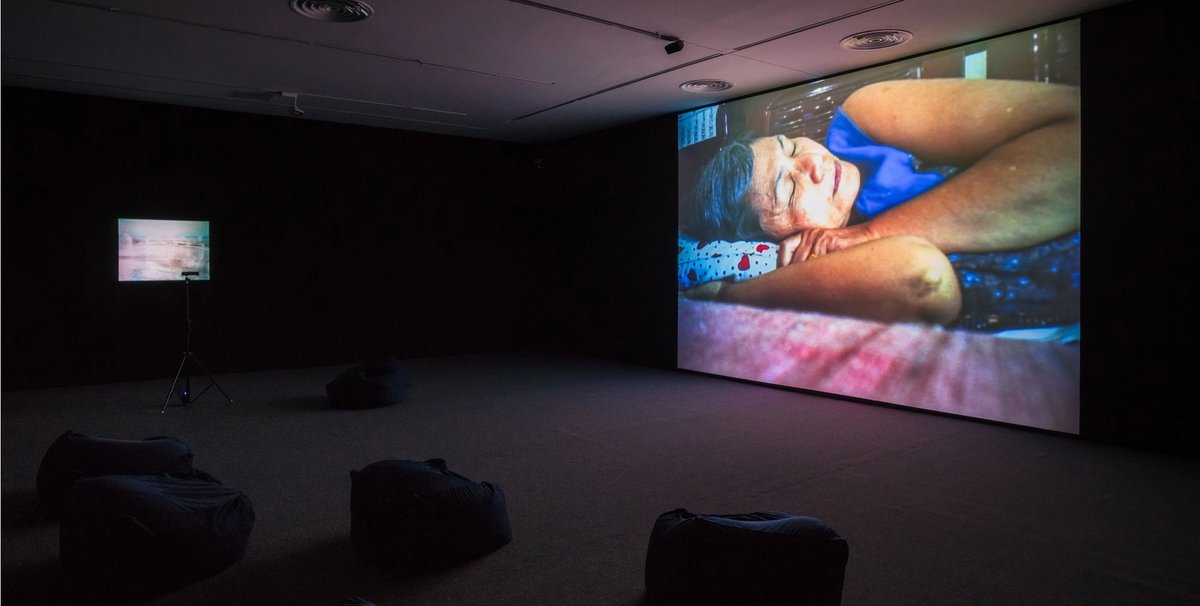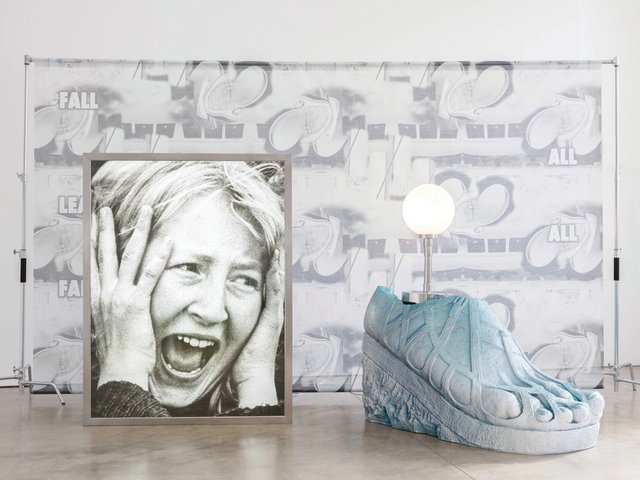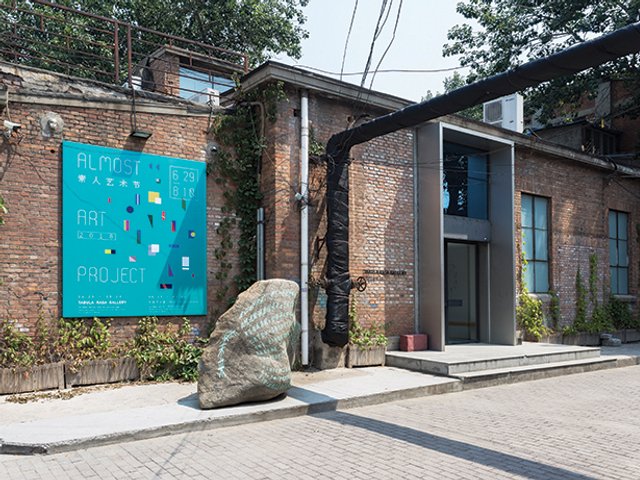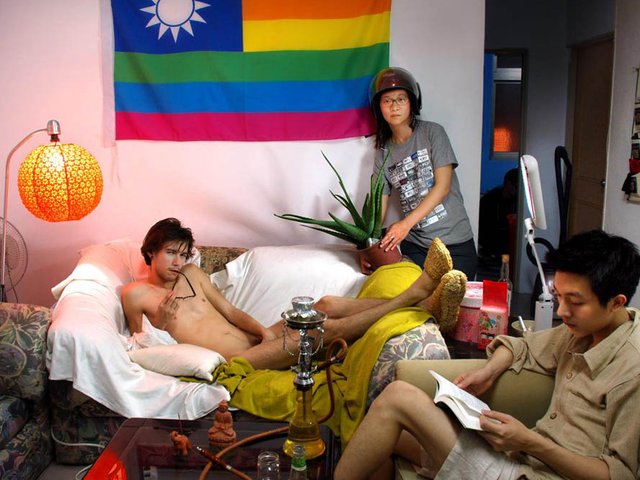The Thai filmmaker and artist Apichatpong Weerasethakul has brought a bit of cinematic glamour to Shanghai’s art world this summer. Weerasethakul, a cult figure of queer Asian cinema, enjoys an enthusiastic following in mainland China, where both experimental styles and gay subject matter are heavily censored. His exhibition Monuments (until July 27) at ShanghArt’s West Bund gallery has generated the sort of enthusiastic scrum usually reserved for film festivals. “On the opening day, he was in much demand by his fans, for autographs and signatures,” describes a gallery spokeswoman, while “at the press conference 30 media were expected but over 60 appeared.”
Weerasethakul’s China following includes friendships with the Chinese video artist Yang Fudong and the Taiwanese auteurs Cai Mingliang and Hou Hsiao-hsien, says the spokeswoman. “We have two different types of audiences visiting his exhibition: one knows him very well, follows his every film and understands the concepts, characteristics and his methodology. The other type has little knowledge about Apichatpong; they come to find out about the artist, and either like him or find it difficult to connect with his works.”
Monuments was two years in the making and grew out of contacts established from the Shanghai-based gallery’s Singapore location. Although ShanghArt has previously brought the ethnic Chinese Singaporean artist Robert Zhao Renhui to exhibit in China, Weerasethakul marks its first showing of a non-Chinese Southeast Asian artist. ShanghArt, established in 1996 and one of the first contemporary art galleries in China, primarily exhibits established mainland artists whom it has worked with since its early days, such as Ding Yi, Geng Jianyi and Zhang Enli. In March it reopened its old Moganshan Lu premises as a project space dedicated to developing the next generation of Chinese talent, starting with a group show followed by Qfwfq, a solo exhibition by Lin Yuqi (until 23 July).
Works in Weerasethakul’s Shanghai show include Async— First Light (2017), a music video made in collaboration with the Japanese composer Ryuichi Sakamoto, and 2009’s Haiku, which was included in A Night with Apichatpong Weerasethakul at the Tate Modern last year. ShanghArt’s spokeswoman says that there was no censorship or self-censorship of Weerasethakul’s politics. “Almost all his works reflect his political criticisms, like the 2016 video installation work Fireworks: Fans, where the combining of powerful fire with the mundane object of a fan implies the conflict between the local authority and people.” However, as is becoming common practice in China, his gay identity was left implicit. “We didn’t especially mention his queer perspective in our materials [but] we’re very open to talk about this,” she says. “Even for the artist, he holds a very open attitude towards his sexual orientation as a gay man working in Thailand. And during the press conference, the media freely raised questions about his queer perspective and he answered very naturally.” However, she added, “I think most people in China know Apichatpong’s films more than his art works, and Chinese fans focus on his auteur status more.”





